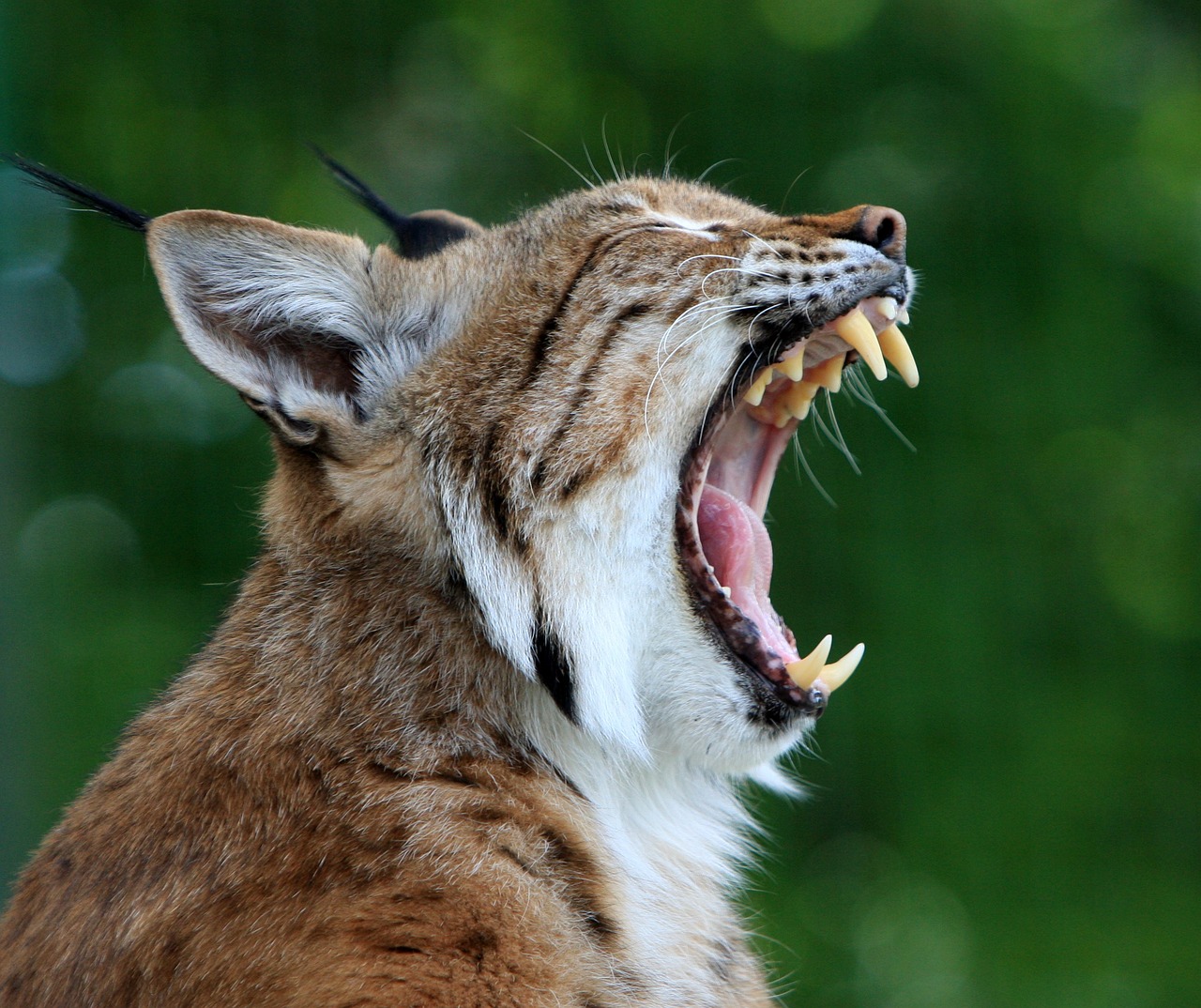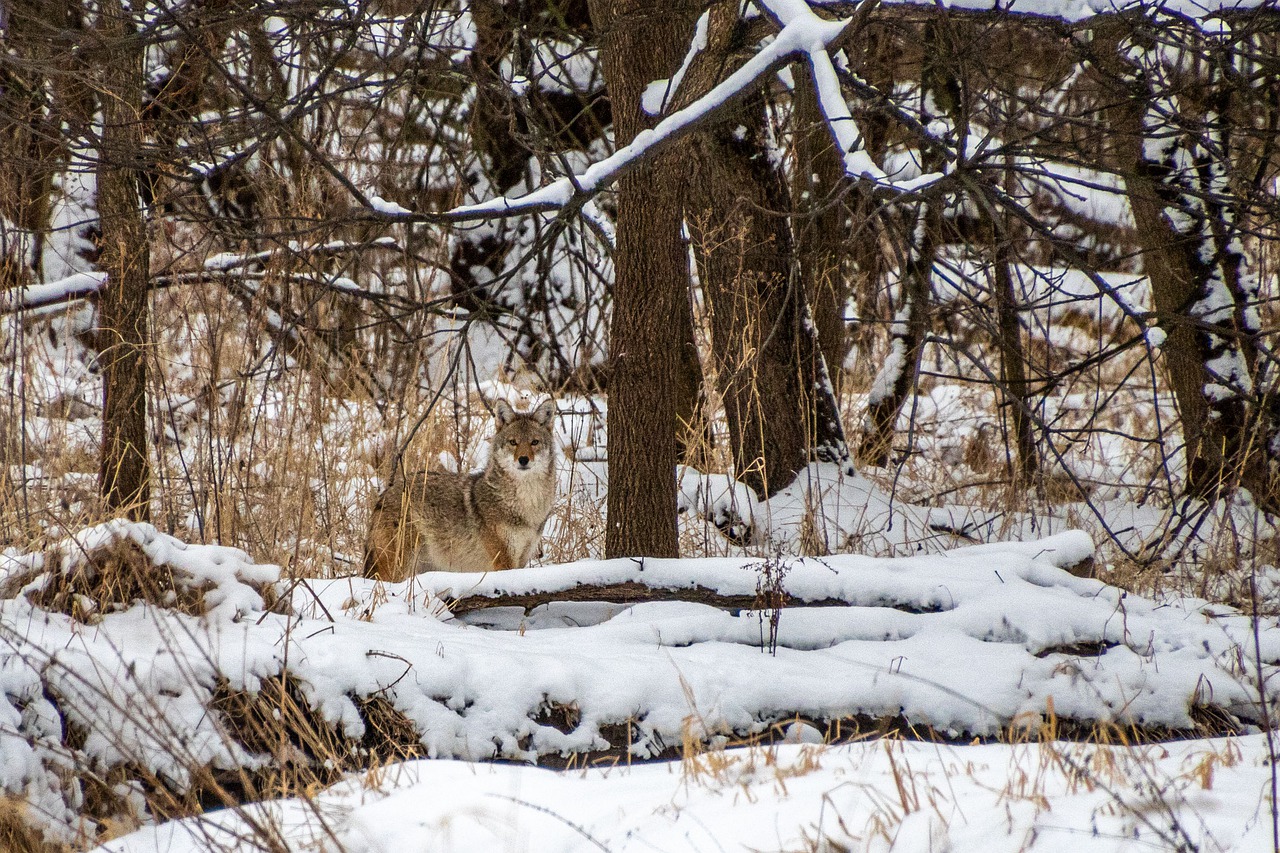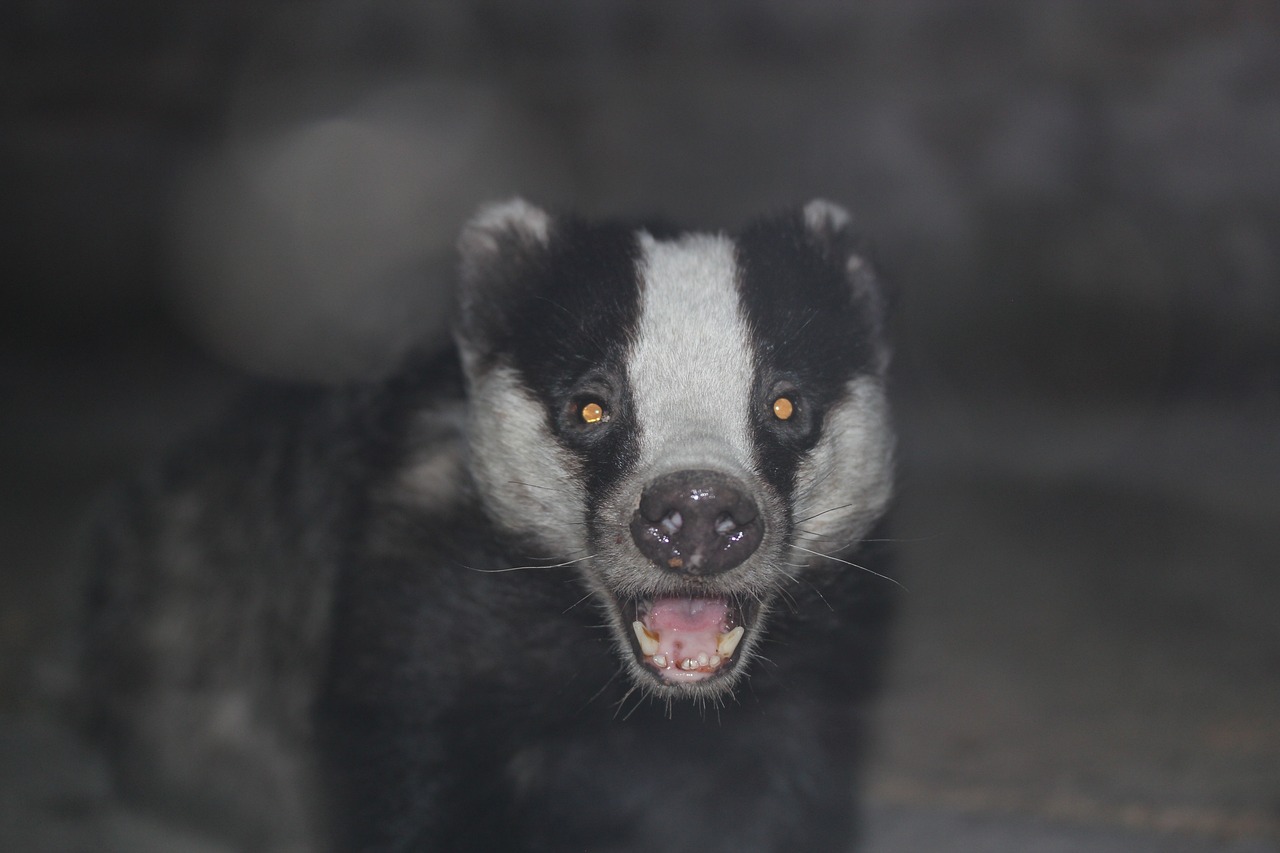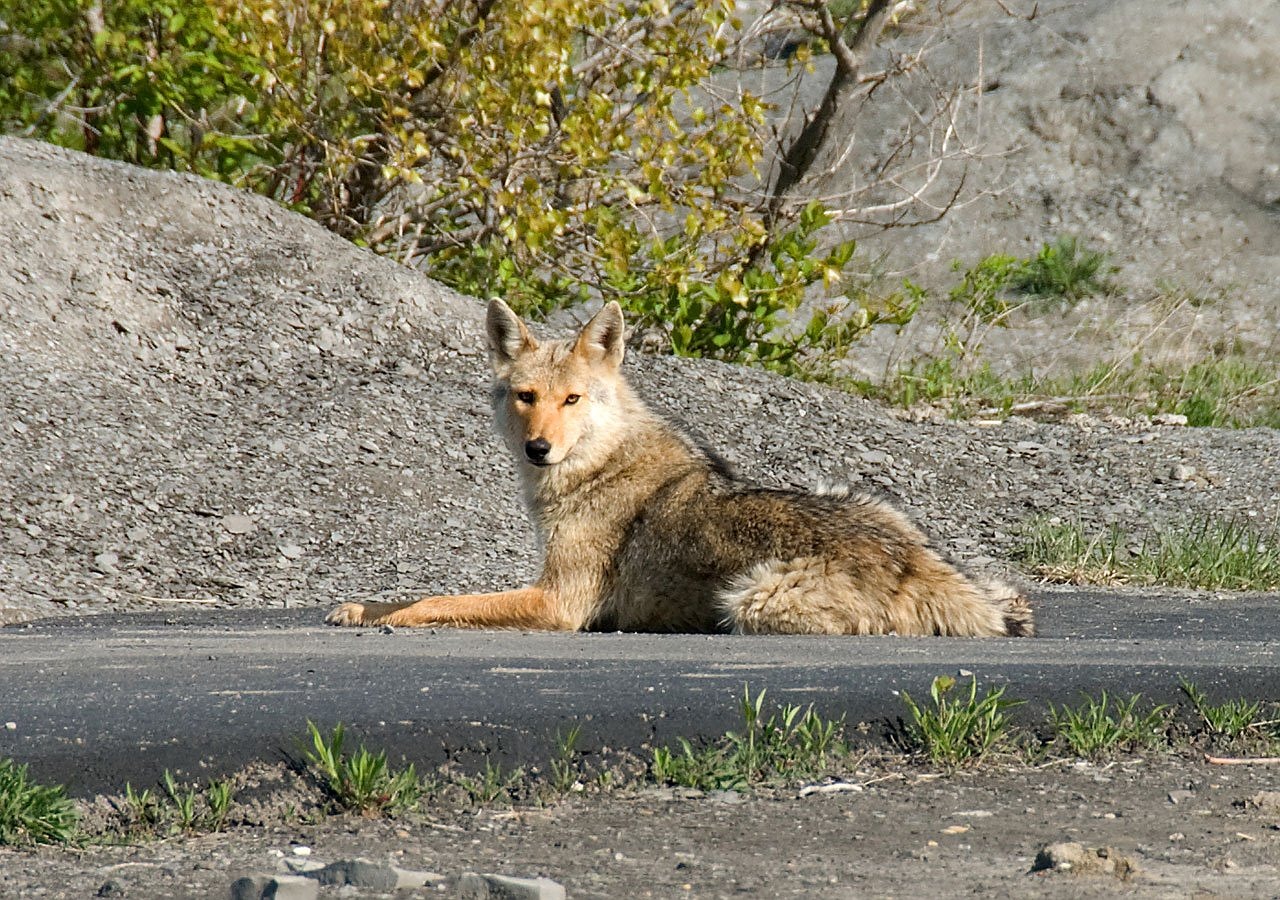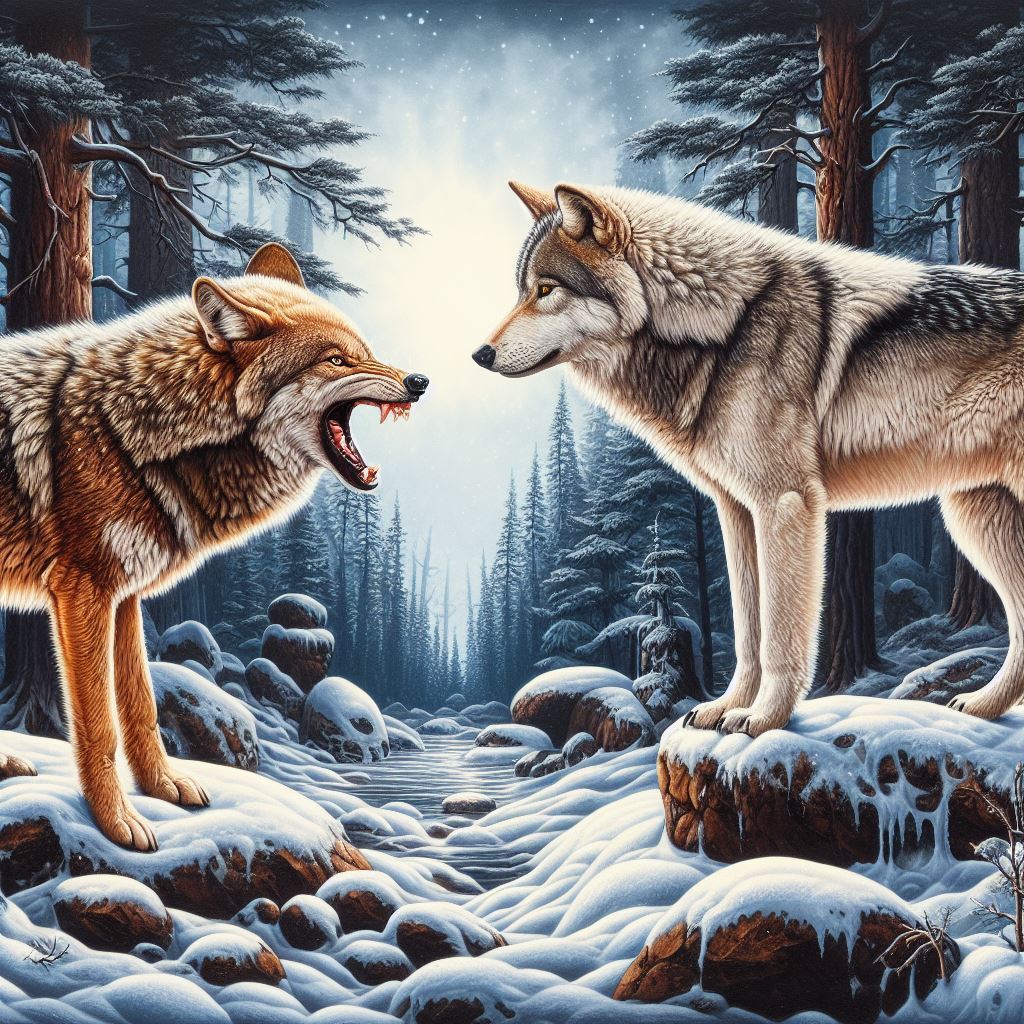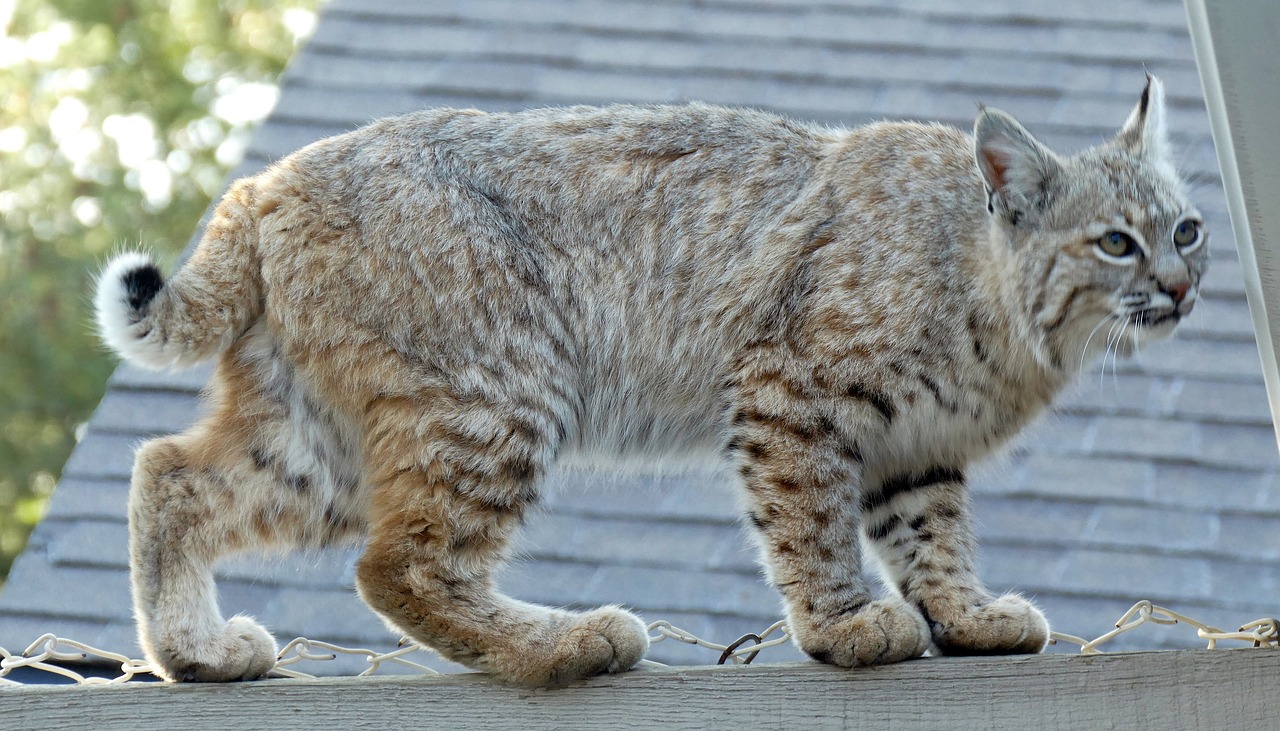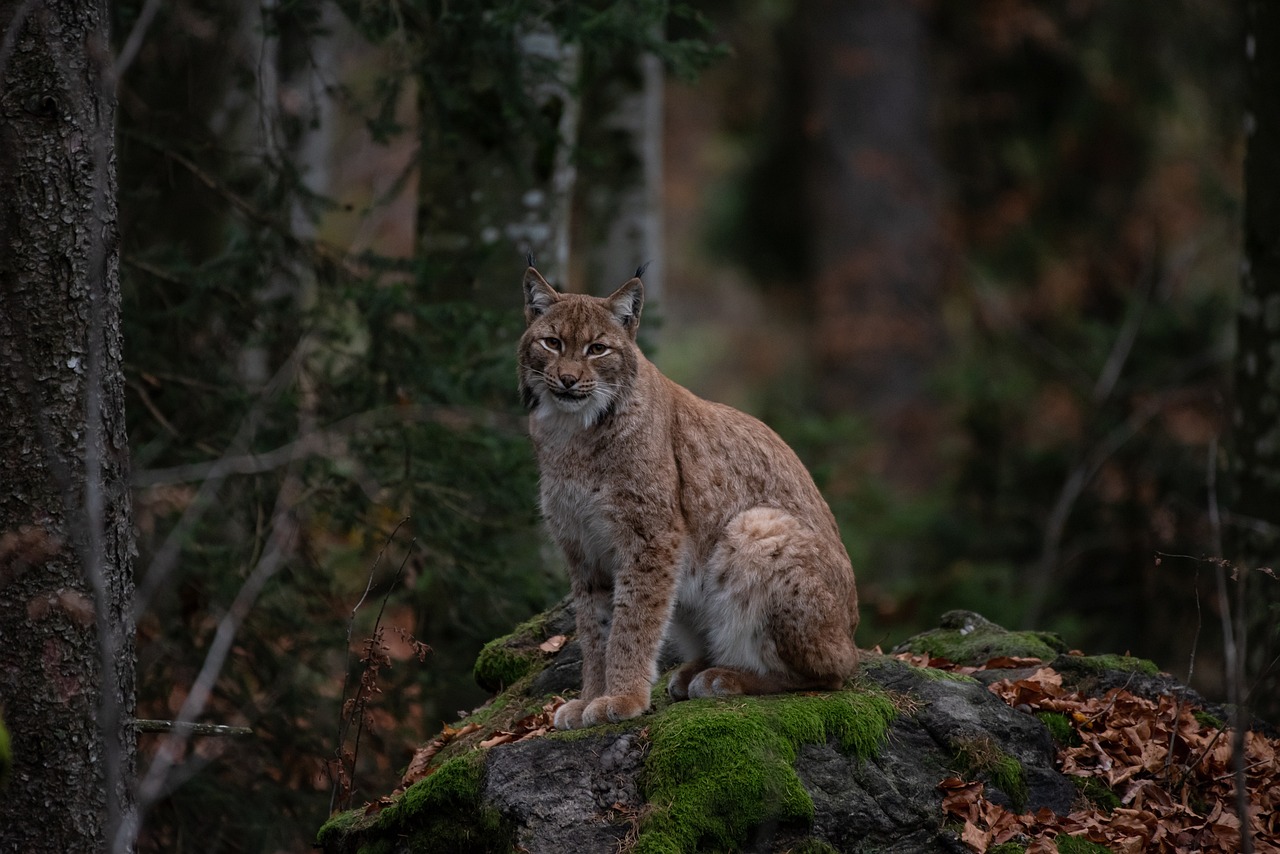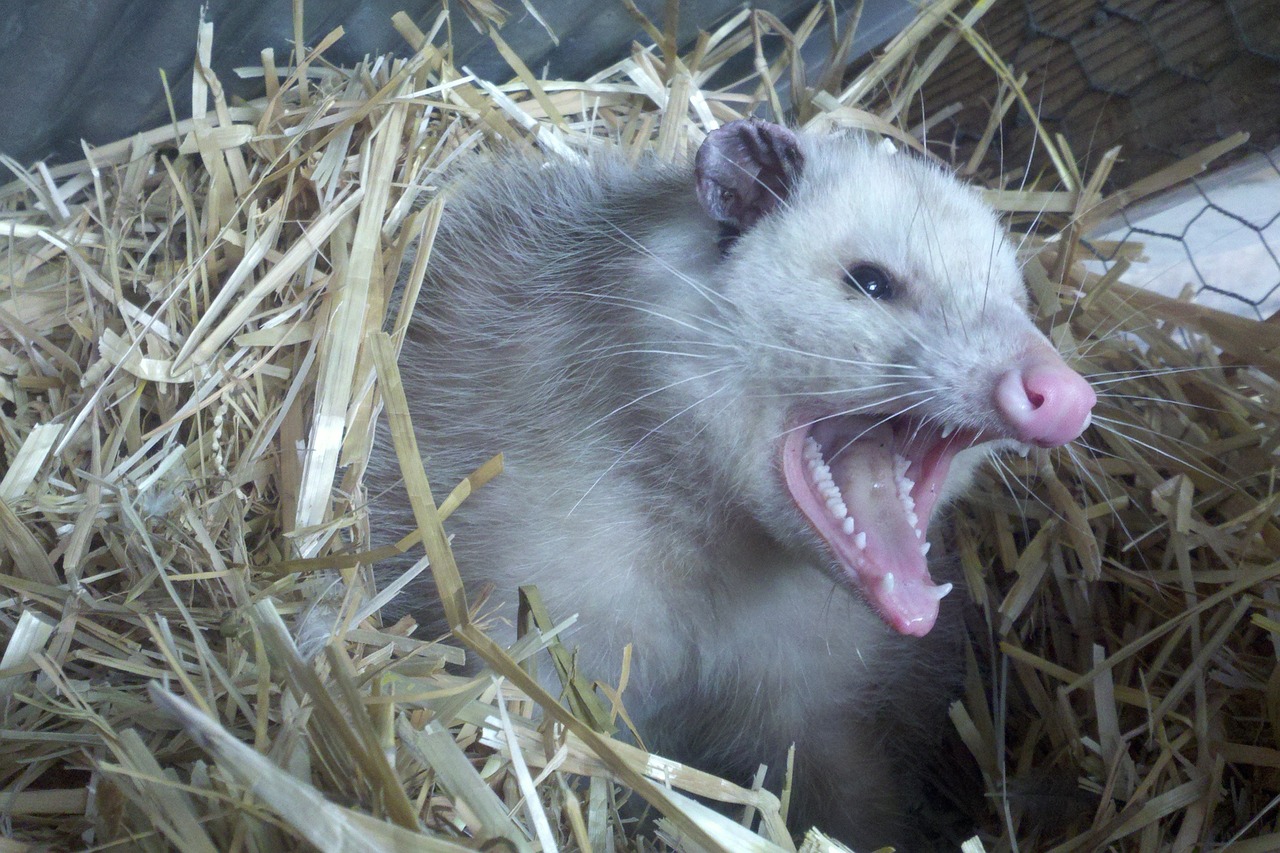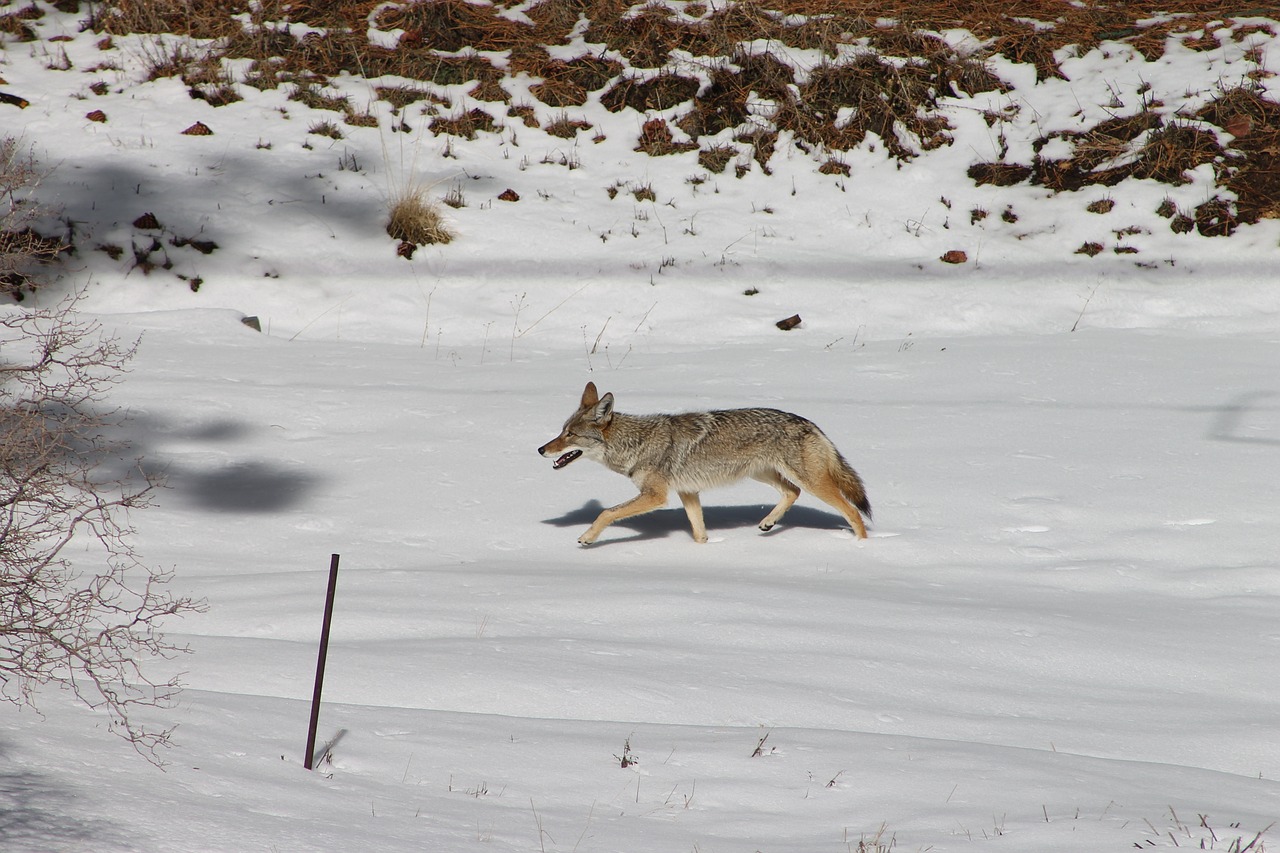
Have you ever wondered how big coyotes can get? Discover the factors that influence their size in this article. From health and age to genetics and gender, various elements play a role. Coyote pups start off weighing half a pound but rapidly gain weight in their first nine months, reaching 18 to 20 pounds. Adult coyotes typically weigh around 35 pounds.
